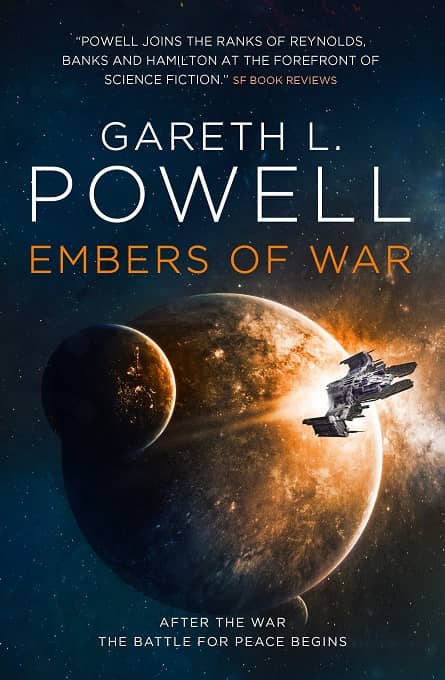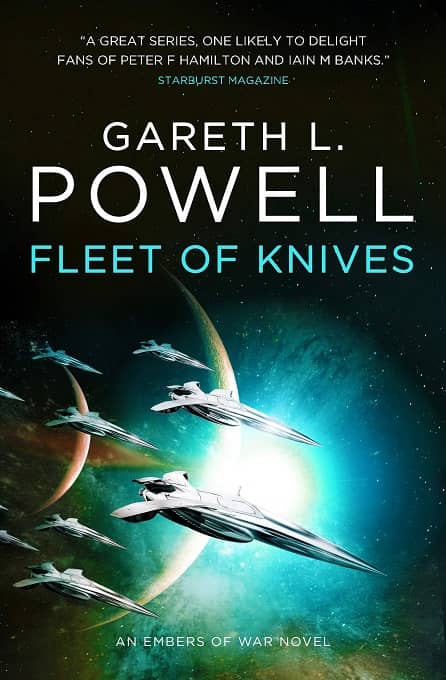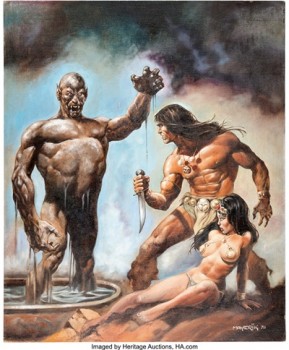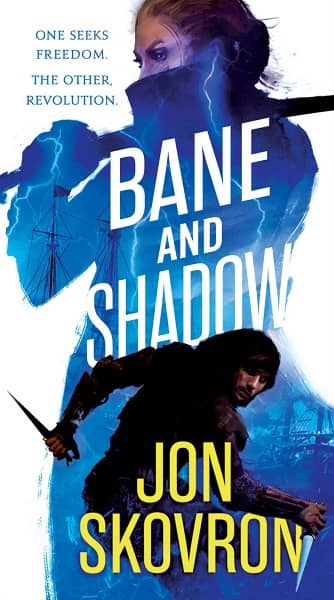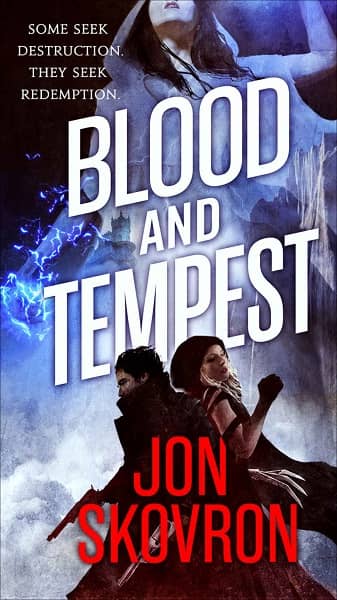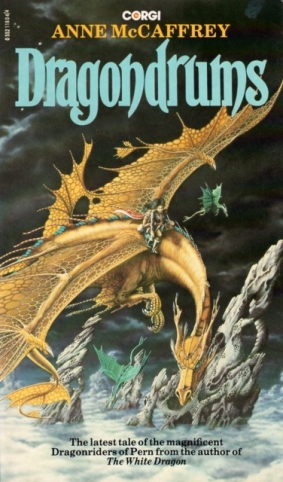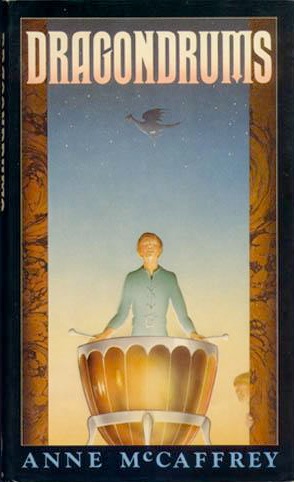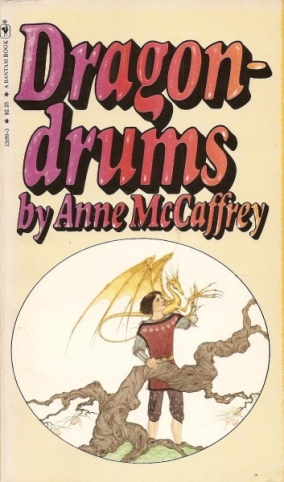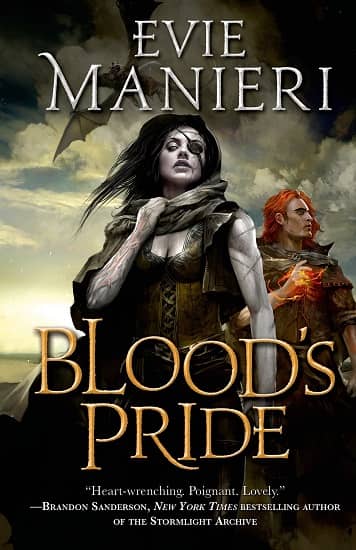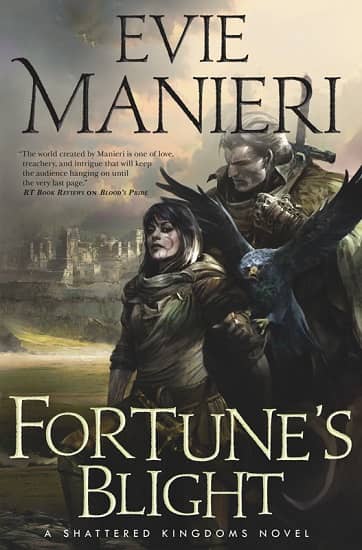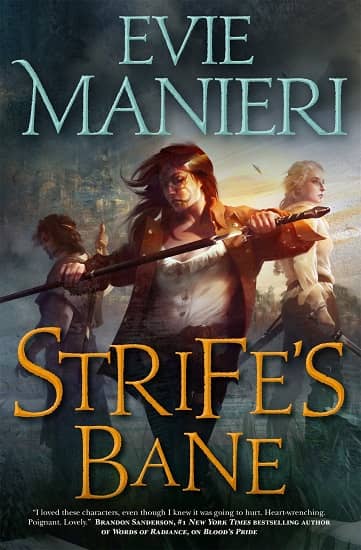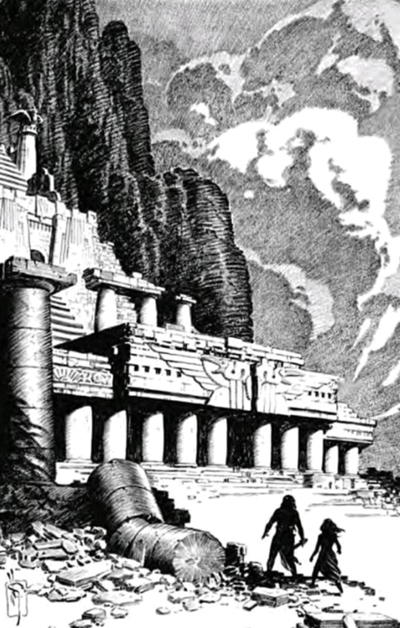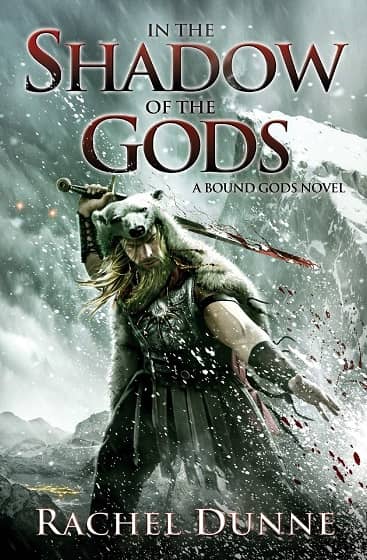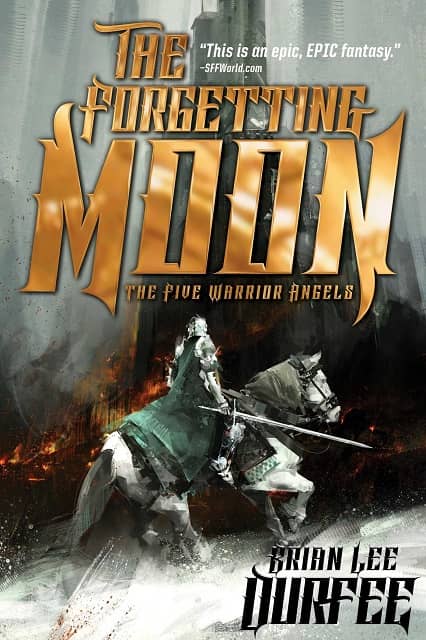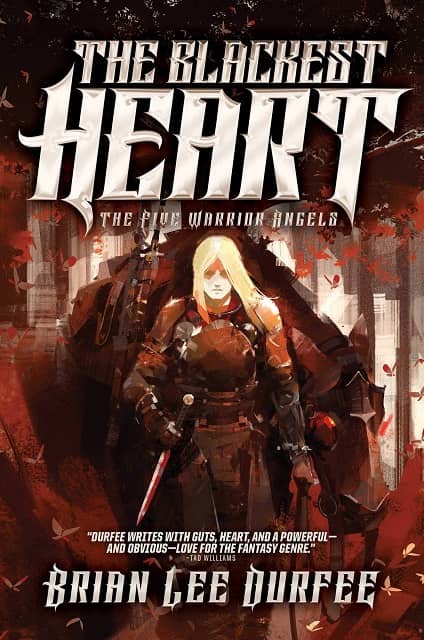A Magic Portal to Snowy Enchantment: Spinning Silver by Naomi Novik
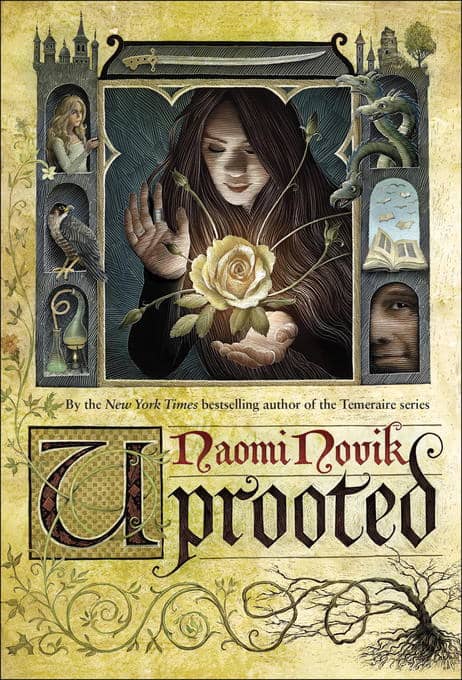 |
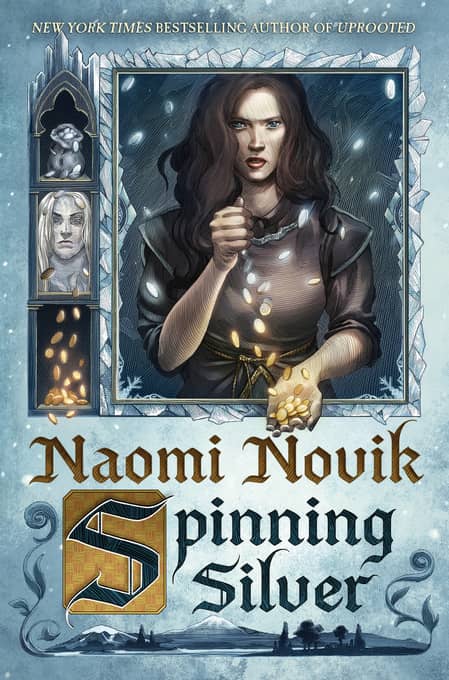 |
Miryem grows up in poverty even though her father has lent funds to most of the families in her village. While the others prepare holiday feasts in snug homes with roaring fires, she and her parents freeze and starve in a hovel. This is because Miryem’s father has the heart of a rabbi and can’t bring himself to ask for the payments he’s owed.
When Miryem’s mother falls ill, Miryem knows only a doctor can save her, and doctors require money. Seizing matters in her own hands, she goes into the village to collect.
The borrowers try to put her off. They shout, bluster, and lie. But Miryem stands firm, returning home with her first payments. Some families could only offer goods instead of coins, which Miryem accepted. It’s more work for her to convert these products into money, but she does it.
She doesn’t just save her mother – over time, she builds upon these first fruits, creating a fair but thriving business. Through her own ingenuity and hard work, she becomes a trader and entrepreneur as well as a moneylender, thereby turning rolls of silver coins into fat doubloons of gold. Her parents might wish she hadn’t needed to take up such work, but they now live in a snug home of their own, with plenty to eat and enough pennies to hire a local girl who’s grateful for the chance to earn a wage and thereby escape her abusive father.
But when Miryem boasts of her success during a sleigh ride in the forest, the cruel fairy king who rules the woods overhears. Believing that she can turn silver into gold, he arrives on her doorstep with a terrible ultimatum. Either she will replace his silver coins with the same number of golds, or he will freeze her to death where she stands.



